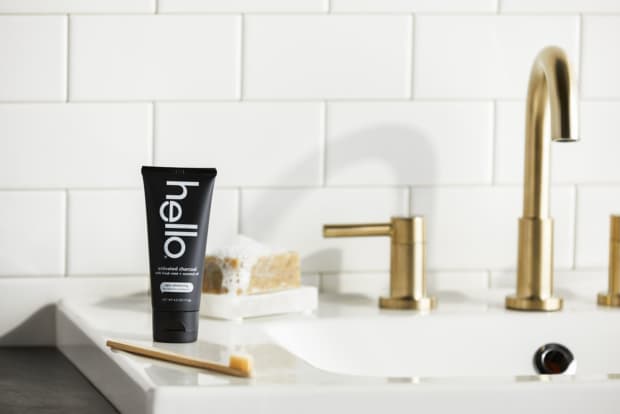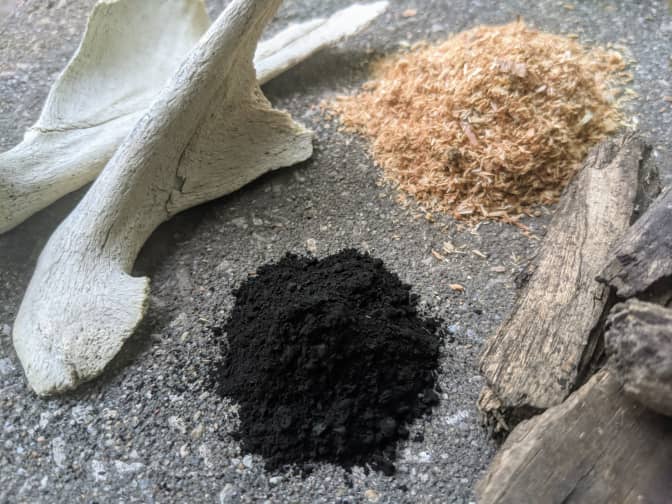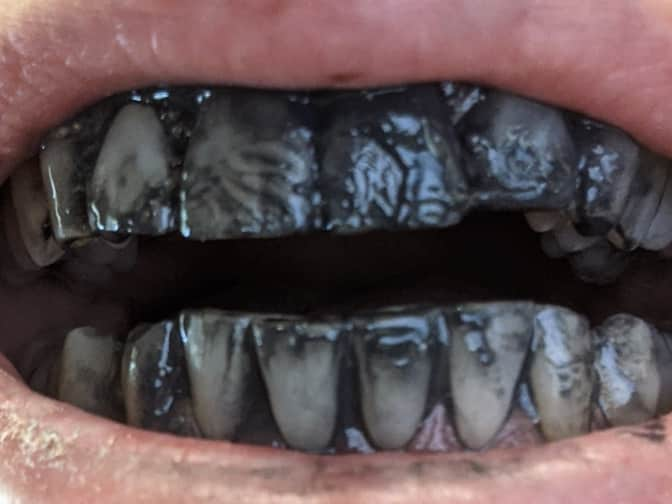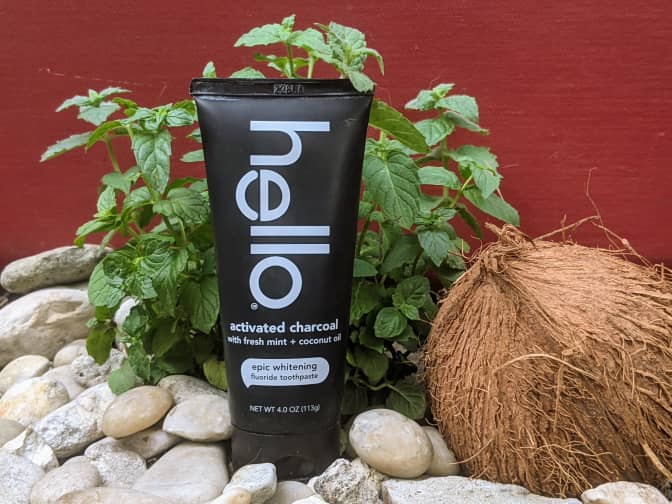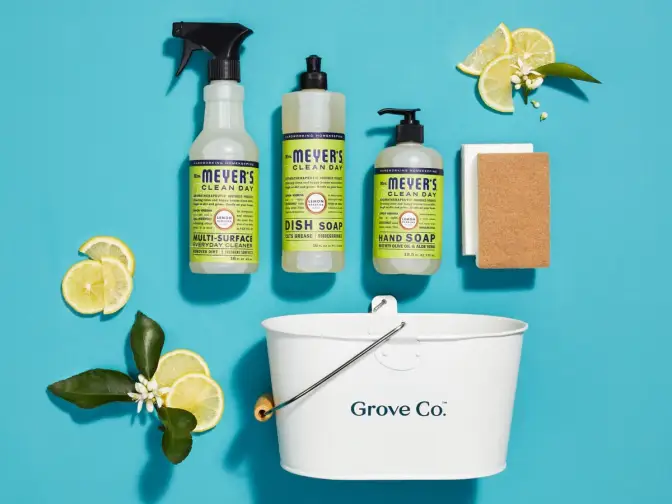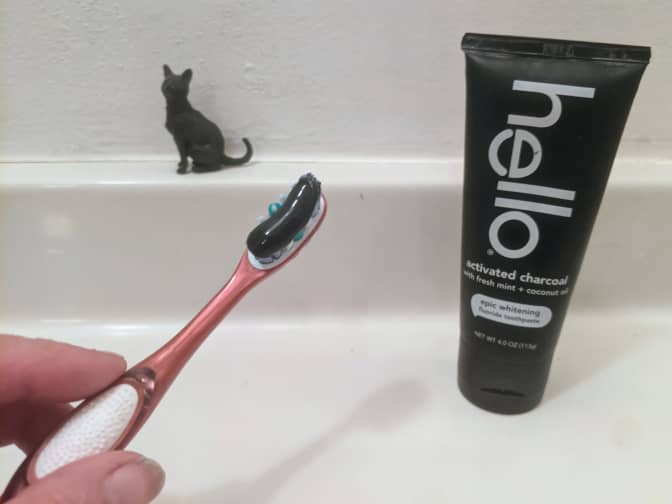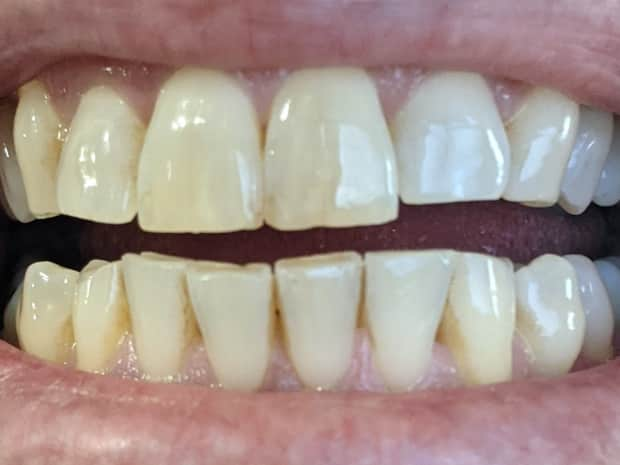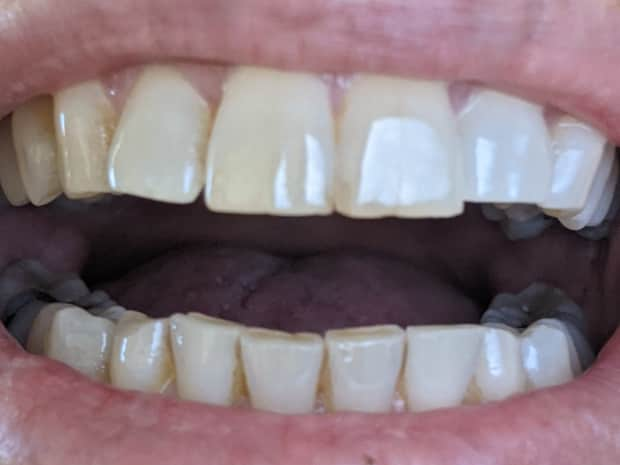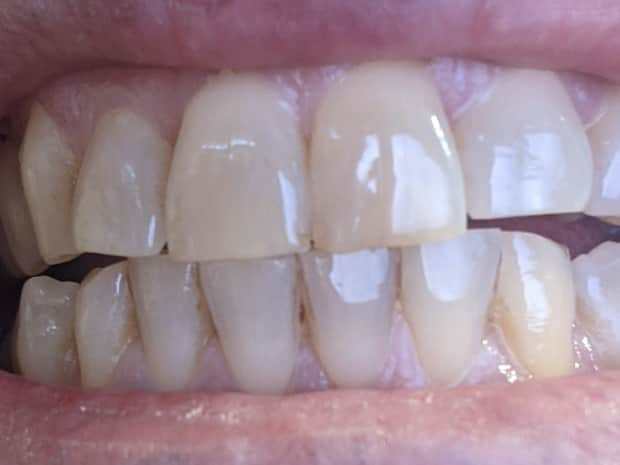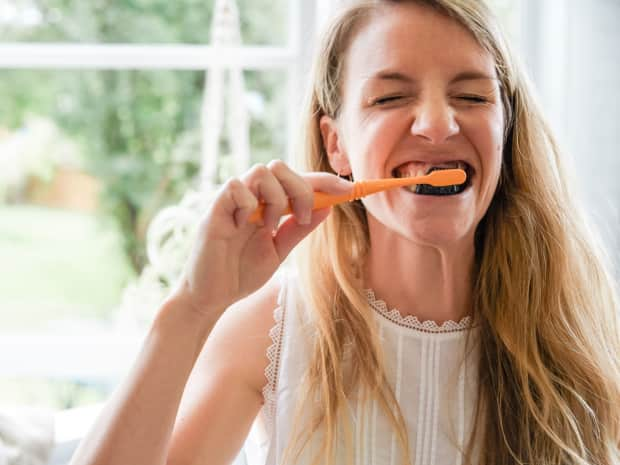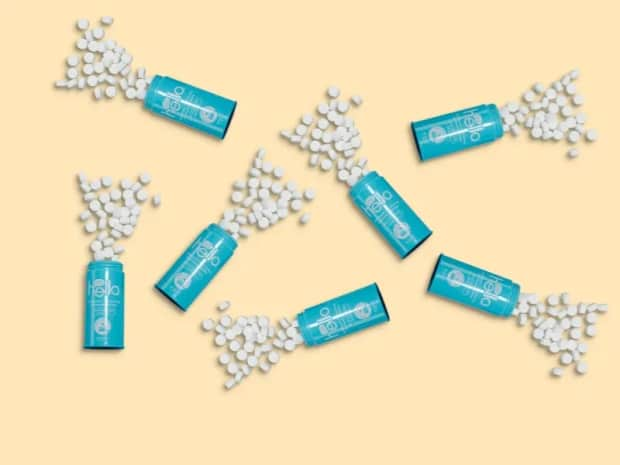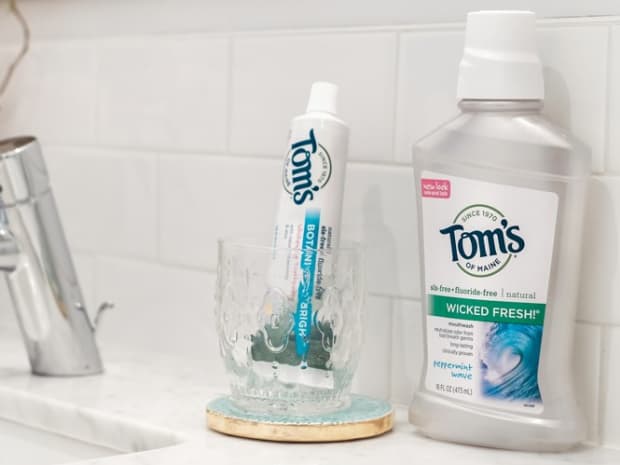What is activated charcoal used for?
Activated charcoal is used for a lot of different purposes. It filters toxins out of water, and it’s an increasingly common ingredient in a range of beauty products. It can treat skin infections and diarrhea, and it reduces abdominal gas. It’s used in medical settings to adsorb drugs from the stomach in the event of an overdose or to filter out undigested toxins from the kidneys.
Note: These statements have not been evaluated by the Food and Drug Administration. This product is not intended to diagnose, treat, cure, or prevent any disease.
Activated charcoal is also a popular ingredient in oral health products — and that’s why we’re here today.

